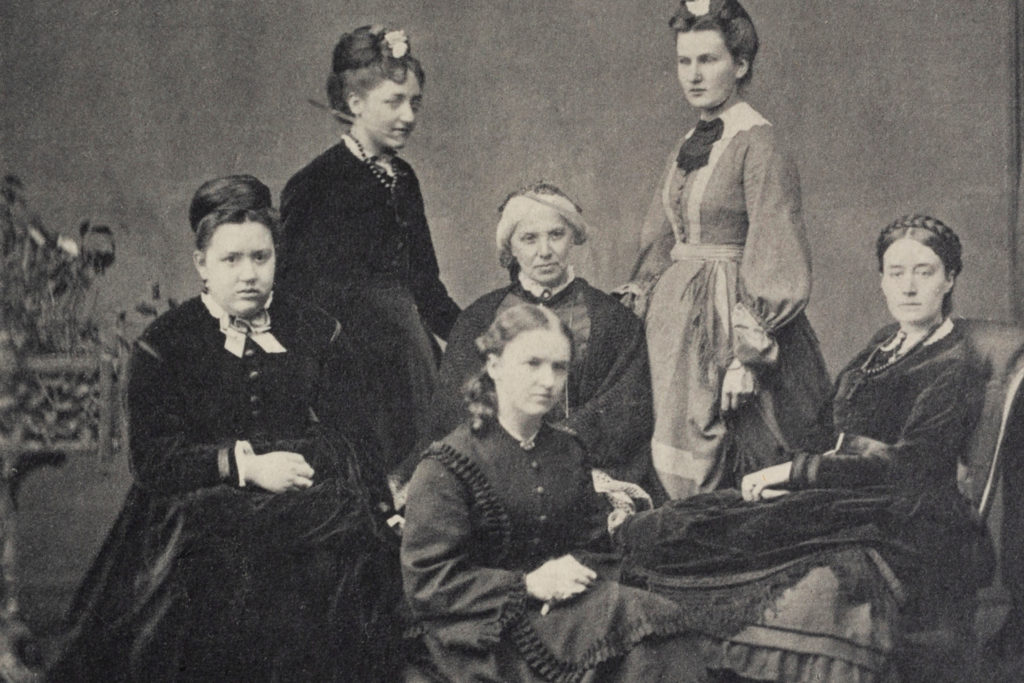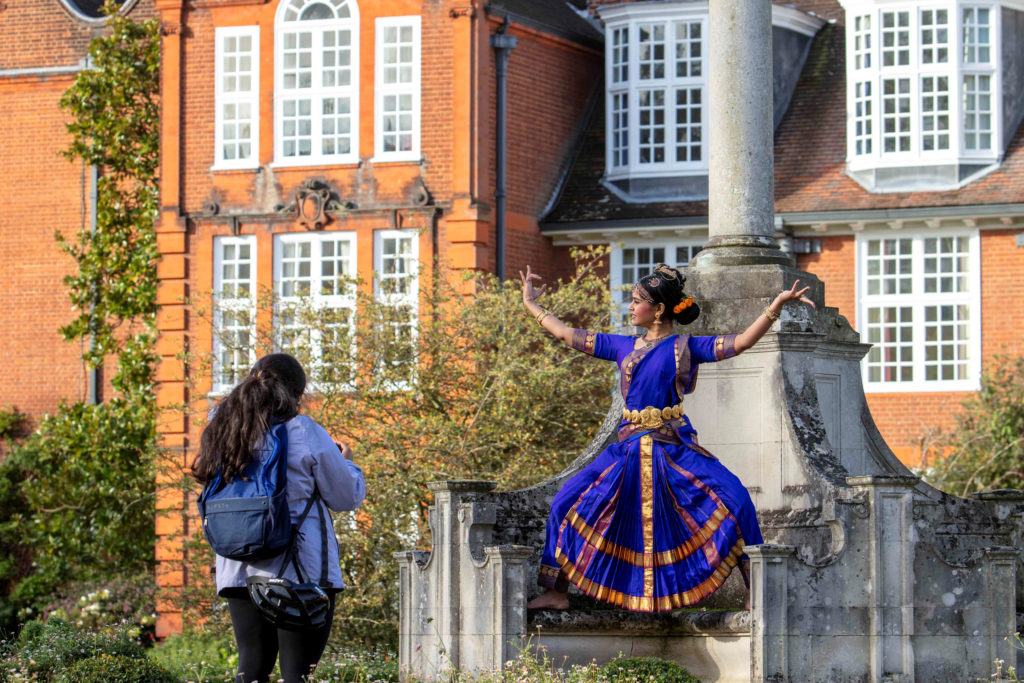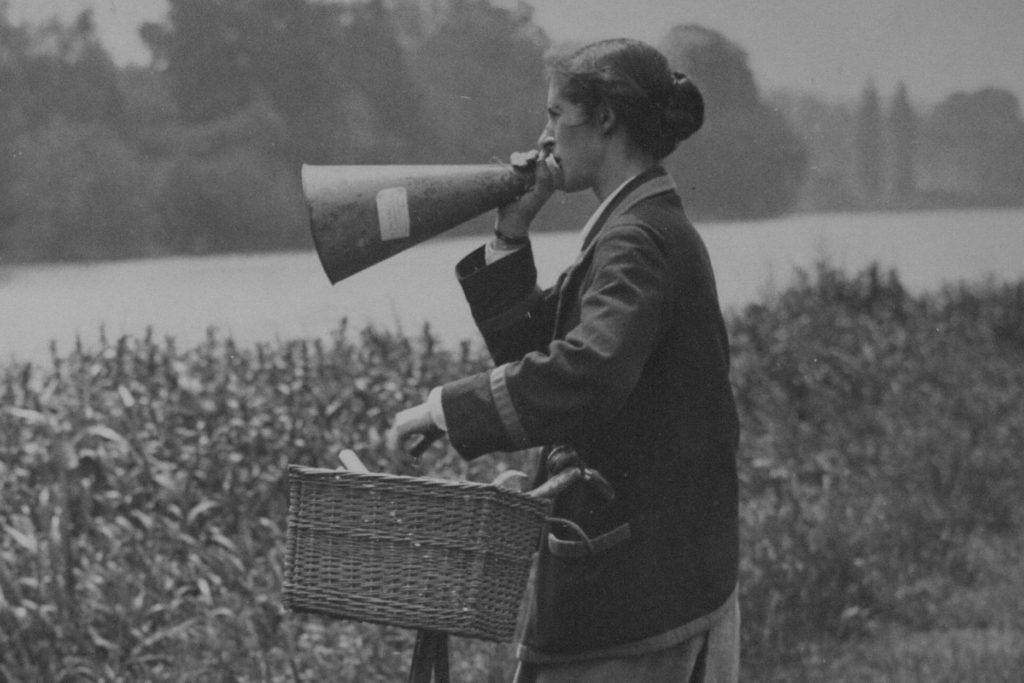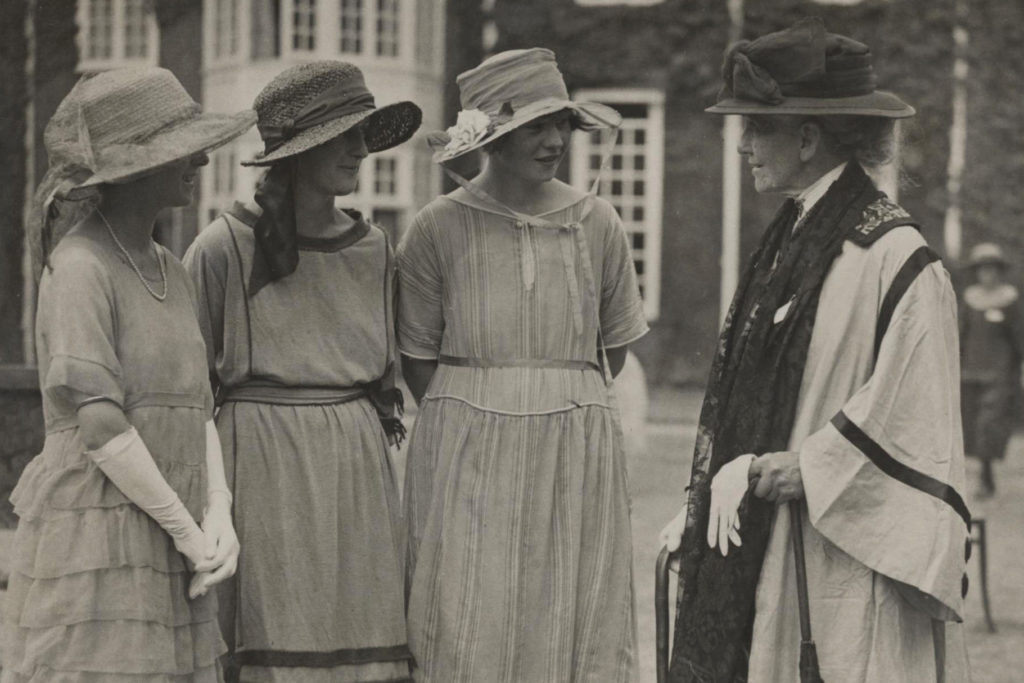Bhanu Kapil, winner of the T S Eliot Prize, will explore the idea of ‘writing the trace’ in this interactive workshop suitable for beginners and experienced writers
In this 2-hour workshop, Bhanu will guide you through a number of exploratory poetry exercises around the theme of ‘writing the trace’.
Bring something that might leave a trace. Charcoal, a pastel, something from nature? Dried paint. Soot. It could be that you are thinking of your writing (the environment in which your writing is already happening) as you select this material, but equally, the material you select can be symbolic, not representational at all. It might have a colour that’s important to you, and also, it might not. Can you find something that has density, but that also might release what it has inside? You will also need a large-ish piece of paper, though if you don’t have that, an A4 page will do. You will also need a notebook or way of writing alongside.
To start the workshop, Bhanu will pose a question that comes from ceramicist/sculptor Gina Adams: ‘What do you burn to say?’ She suggests: ‘Perhaps you can carry this question with you in advance, noticing what arises in response.’

ABOUT THE CONTRIBUTOR
BHANU KAPIL is one of the UK’s leading poets. She is the author of six full-length collections of poetry and experimental prose. In 2020, she won a Windham-Campbell Award for Poetry from Yale University and a Cholmondeley Award (also for poetry) from the Society of Authors (UK). She lives in Cambridge, where she is a Fellow of Churchill College. Her latest collection, How to Wash a Heart (Liverpool University Press, 2020), was awarded the T. S. Eliot Poetry Prize, and described by the panel as ‘a radical and arresting collection that recalibrates what’s possible for poetry to achieve’.
Eliot’s widow Valerie Eliot was for many years an Honorary Fellow of Newnham. Both Valerie and Tom Eliot are remembered in the Valerie Eliot Fund for English at Newnham, funded by Old Possum’s Practical Trust.
Don’t miss a chance to analyse and translate a poem by Luise Hensel in a presentation hosted by post-doctoral affiliate, Mathelinda Nabugodi.






